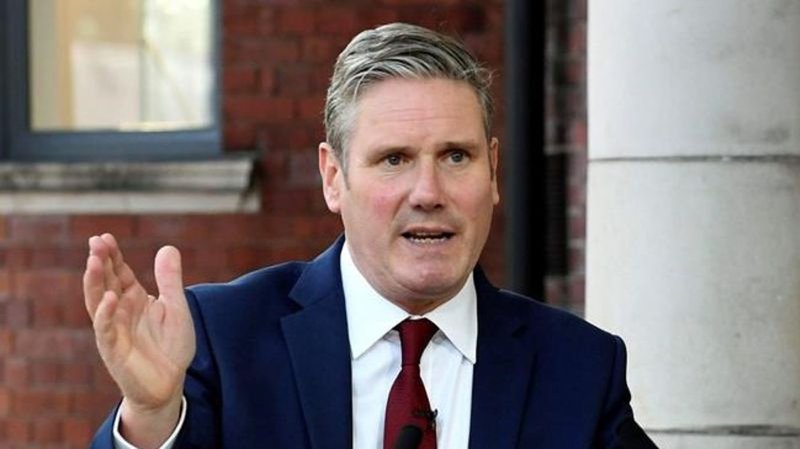
UK Labour leader shuffles team after disappointing elections
LONDON — The leader of Britain’s main opposition Labour Party shook up his top team after disappointing election results, moving his party chairwoman, economy spokeswoman and chief whip in an attempt to exert control over a fractious membership.
But the moves by Labour leader Keir Starmer spurred new recriminations in a party that has not been able to make a breakthrough against Prime Minister Boris Johnson’s governing Conservatives.
Starmer late Sunday moved deputy party leader Angela Rayner from the post of party chairwoman — responsible for election strategy — and named Rachel Reeves his new Treasury spokeswoman, replacing Anneliese Dodds. Long-serving chief whip Nick Brown was replaced by Alan Campbell.
“The Labour Party must be the party that embraces the demand for change across our country,” Starmer said. “That will require bold ideas and a relentless focus on the priorities of the British people. Just as the pandemic has changed what is possible and what is necessary, so Labour must change too.”
